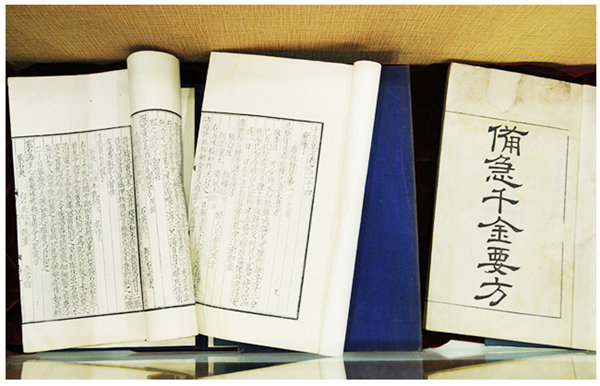CPPCC members: boost TCM publicity and education

This photo shows a set of rare and extant TCM books on display in the Liaoning Provincial Museum of Traditional Chinese Medicine, in Shenyang, capital of Northeast China's Liaoning province. [Photo/cntcm.com.cn]
Despite having been practiced for thousands of years, TCM has long been sidelined and stigmatized, Zhang Qicheng, a member of the CPPCC National Committee, said.
The prejudice against TCM started fermenting from the early years of the 20th century when the nation's elites initiated a so-called Neo-Culture Movement to abolish traditional Chinese culture, including TCM, which they believed was severely obstructing Chinese people from embracing Western knowledge and values, Zhang, a professor with Beijing University of Traditional Chinese Medicine, said.
Some "flag-bearers" (influential cultural icons) of the movement, such as writer and thinker Lu Xun (1881-1936), had negative views about TCM due to their unpleasant personal experiences. Some of their literary works ridiculing quack TCM doctors have been included in literature textbooks for middle school students for decades.
As a result, these negative views have since exerted a far-reaching effective upon generations of Chinese people, Zhang said, adding "the random examples of quack doctors, however, should not be used to dismiss TCM as a whole."
Copyright © The National Committee of the Chinese People's Political Consultative Conference.
All rights reserved. Presented by China Daily.
京ICP备08100501号-1

